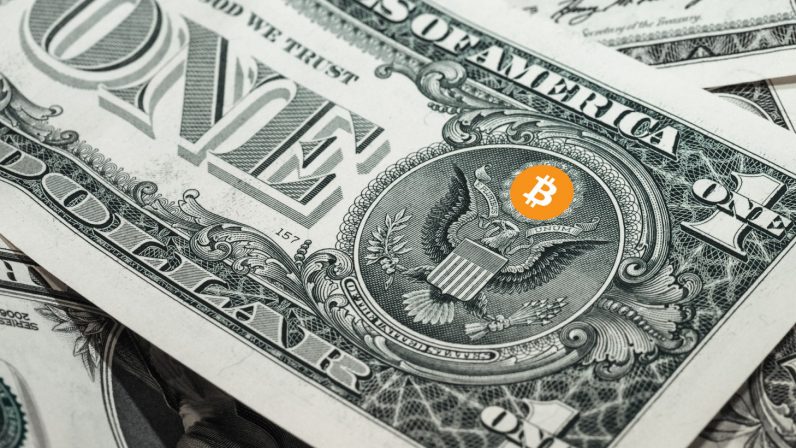2020-12-4 16:25 |
U.S. Congress has proposed a new bill that could hamstring privately-issued stablecoins such as USDT, USDC, PAX, and many others.
And due to the popularity of these stablecoins, the STABLE Act poses a serious threat to the health of the cryptocurrency ecosystem.
Burdening Stablecoin FirmsOn Dec. 2, members of the U.S. House of Representatives—Rashida Tlaib, Jesús “Chuy” García, and Stephen Lynch—introduced the STABLE Act, aiming to regulate the stablecoin industry heavily.
Under the proposed mandate, these companies will have to procure a banking charter, approval from the Federal Reserve, Federal Deposit Insurance Corporation (FDIC), and bank regulators. The mandate would force firms to take “FDIC insurance or otherwise maintain reserves at the Federal Reserve.”
The bill’s co-sponsor, Congresswoman Tlaib, said that the law would prevent cryptocurrency companies from committing the same financial fraud commonplace among large traditional banks. She added:
“Especially amid the COVID19 pandemic, their [low and mid-income residents of color] vulnerabilities could be exploited and obscured by bad actors looking to issue stablecoins, like other shadow money issuers in the past. The #STABLEAct combats that threat.”
The chairman of the U.S. Federal Reserve has said numerous times that the alpha bank has no plans for a central bank digital currency (CBDC) as they continue to assess CBDCs’ ramifications. Meanwhile, protecting the sovereignty in monetary policies and currency issuance is paramount for the central bank.
The proposed law would thus bring all stablecoin issuers under the Federal Reserve and FDIC’s legal purview.
Crypto Twitter Pulse on the IssueExperts in the crypto industry are unanimously opposing the bill. Jeremy Allaire, the CEO of Circle, which issues USDC, immediately raised opposition to the bill. He said:
“The STABLE Act would represent a huge step backwards for digital currency innovation in the United States, limiting the accelerating progress of both the blockchain and fintech industry.”
According to Allaire, the Fed’s role in crypto oversight “should emerge from high levels of public-private engagement and collaboration,” not “enormous regulatory burdens.”
A partner at Castle Island and co-founder of Coinmetrics, Nic Carter, described the bill as “completely asinine.” He added that these agencies would get to play the preference card while passing the approvals.
Moreover, the New York Department of Justice’s pending case against Tether, the largest stablecoin issuer in the industry, will be at the center of the discussion for the approvals. On the developments, Stuart Hoegner, Tether’s general counsel, shared the following:
“We are reading the Stablecoin Classification and Regulation Act of 2020. At this time, we have no comment on its provisions or its prospects for passage in the current session of the U.S. Congress. As more governments debate public policy around stablecoins, Tether will be ready to respond and offer the benefit of its success and experience in the space to interested and appropriate parties.”
U.S. regulators have been laser-focused on the crypto industry as of late. The STABLE Act is only the latest in a wave of legal filings and concerns around self-hosted crypto wallets.
Whether these or other relevant crypto-related proposals turn to law remains to be seen.
origin »Bitcoin price in Telegram @btc_price_every_hour
Cash & Back Coin (CNBC) на Currencies.ru
|
|





















